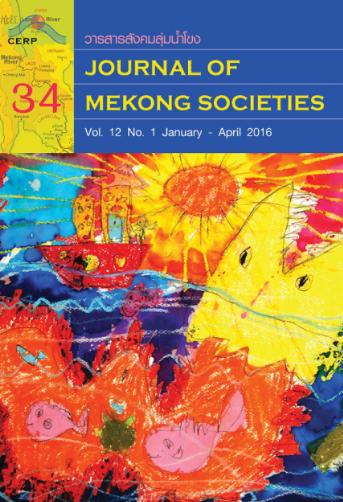Community-based Solid Waste Management: The Case of Sai Son Commune, Quoc Oai District, Hanoi
Main Article Content
Abstract
Waste is an unavoidable by-product of human activities. Hanoi, like many cities of developing countries, is undergoing a tremendous increase in the amount of solid waste due to economic development, urbanization and improved living standards. Its government faces great difficulties in addressing waste issues because of limited sound managerial instruments and financial means. A proposed solution is to mobilize community participation in managing solid waste. Community-based solid waste management is a process that involves all community members in active management and responsibility for planning, operating and controlling elements in the waste system. It is expected to be an effective management model that creates benefits for the local community and authorities. This article analyzes one typical model of community-based solid waste management in Hanoi, the case study of Sai Son commune, Quoc Oai district. After examining the structure of the model, several findings are explored in terms of environmental, social, financial and management perspectives. Based on these analyses, some recommendations are proposed toward a sustainable model of community-based solid waste management.


